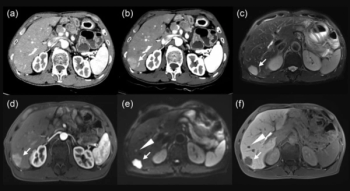
In a study involving 396 confirmed neuroendocrine tumor liver metastases, researchers found that Gd-EOB-DTPA-enhanced MRI offered 19 percent higher sensitivity than polyenergetic CT.


MRI or Ultrasound for Evaluating Pelvic Endometriosis?: Seven Takeaways from a New Literature Review

In a study involving 396 confirmed neuroendocrine tumor liver metastases, researchers found that Gd-EOB-DTPA-enhanced MRI offered 19 percent higher sensitivity than polyenergetic CT.
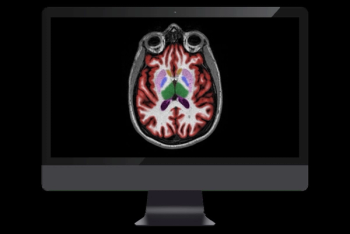
Offering enhanced deep learning technology, the updated NeuroQuant 5.0 software reportedly bolsters segmentation capabilities for amyloid-related imaging abnormalities (ARIA) in patients with Alzheimer’s disease.
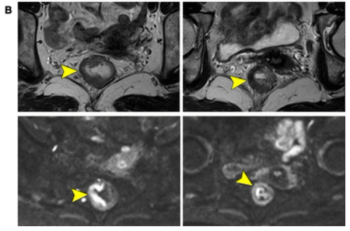
In a comparison of imaging assessments to gauge the effectiveness of neoadjuvant chemotherapy for rectal adenocarcinoma, researchers found the combination of diffusion-weighted imaging and MR tumor regression grading had a 90 percent area under the curve (AUC) and a negative predictive value (NPV) of 93 percent.
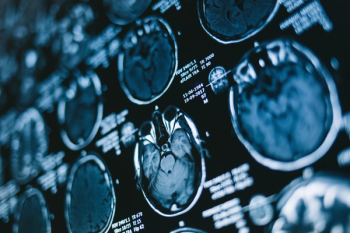
Utilizing a new machine learning model, the OptimMRI software may improve radiosurgery applications and lesioning techniques such as MRI-guided focused ultrasound through enhanced targeting of the inferolateral part of the ventral intermediate nucleus (VIM).
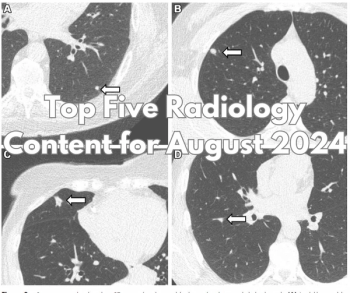
Catch up on the most-well viewed radiology content in August 2024.
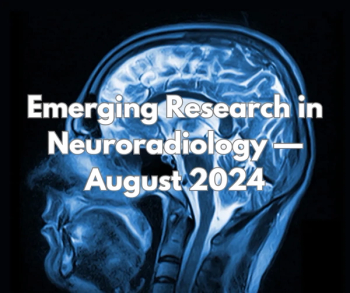
Catch up on the latest research in neuroradiology over the past month.

Catch up on the top AI-related news and research in radiology over the past month.

Catch up on the top radiology content of the past week.
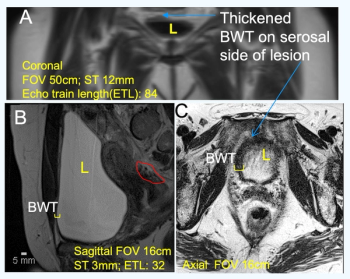
A new MRI contrast agent may provide a viable non-invasive alternative for the detection of interstitial cystitis, according to preliminary research presented at the 5th International Consultation on Interstitial Cystitis Japan (ICICJ) in Kyoto, Japan.

Detecting cerebral microbleed (CMB) in one of six healthy adults in a new study, researchers also found that CMB was the only MRI marker of small vessel disease (SVD) to be significantly associated with traumatic brain injury (TBI).

Catch up on the top radiology content of the past week.
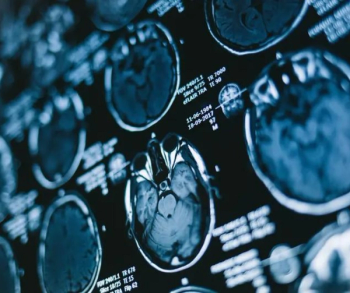
Acute clinical events with stable MRI (ACES) in patients with multiple sclerosis (MS) are reportedly associated with significantly higher rates of confirmed disability accrual, relapse-associated worsening, and transition to secondary progressive MS.
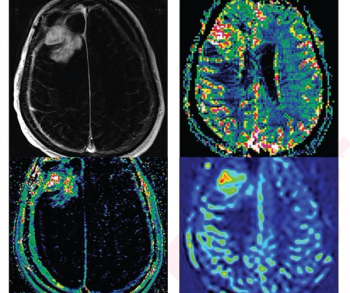
Based on surveys of neuro-oncologists taken before and after the use of MRI perfusion imaging and spectroscopy in patients with high-grade gliomas, researchers found the advanced imaging would have led to a greater than fivefold change in patient management in comparison to previous research.

Catch up on the top radiology content of the past week.
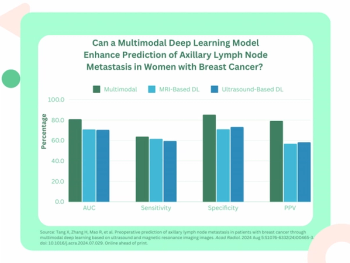
External validation testing revealed a deep learning combination of breast MRI, ultrasound and clinical factors had a 10 percent higher AUC for predicting axillary lymph node metastasis than sole use of MRI- or ultrasound-based deep learning models in patients with breast cancer.
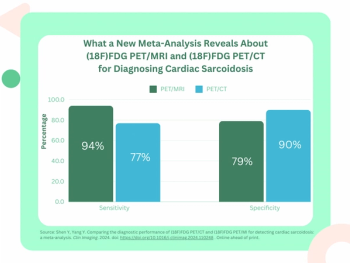
The researchers found that (18F)FDG PET/MRI had a 17 percent higher pooled sensitivity rate for cardiac sarcoidosis in contrast to (18F)FDG PET/CT.

Catch up on the top AI-related news and research in radiology over the past month.

Catch up on the top radiology content of the past week.

The absence of ipsilateral breast hypervascularity is three times more likely to be associated with false-negative findings on breast MRI and non-mass enhancement lesions have a 4.5-fold likelihood of being linked to false-positive results, according to new research.

Catch up on the top radiology content of the past week.
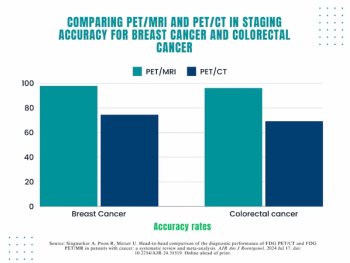
While PET/MRI and PET/CT had comparable sensitivity for patient-level regional nodal metastases and lesion-level recurrence, the authors of a systematic review noted that PET/MRI had significantly higher accuracy in breast cancer and colorectal cancer staging.
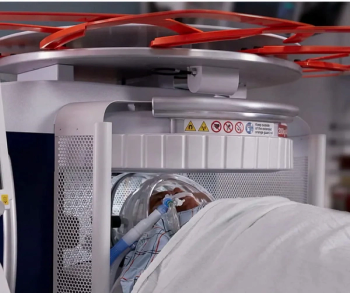
The ninth FDA clearance for the Swoop Portable MR Imaging system is for new software that enables significant scan time reduction for brain MRI scans.
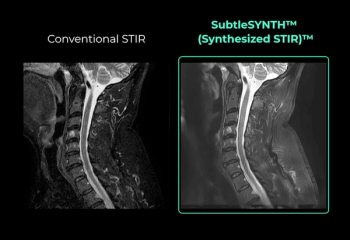
The deep learning SubtleSynth software creates synthetic STIR images that are reportedly interchangeable with conventional sequences obtained from T1 and T2-weighted MRI.
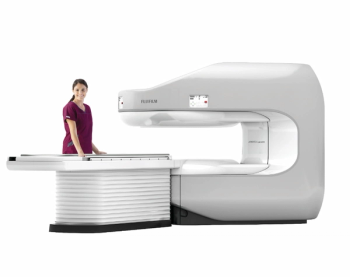
The Aperto Lucent open 0.4T MRI platform reportedly offers enhanced fat suppression and spatial resolution capabilities in addition to its open architecture design.
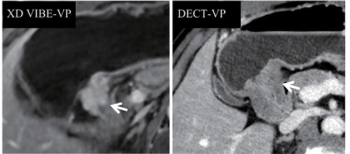
Researchers found that mpMRI was 18 percent more accurate than dual-energy CT (DECT) for T1 staging and 19 percent more accurate for N3 staging of gastric cancer.